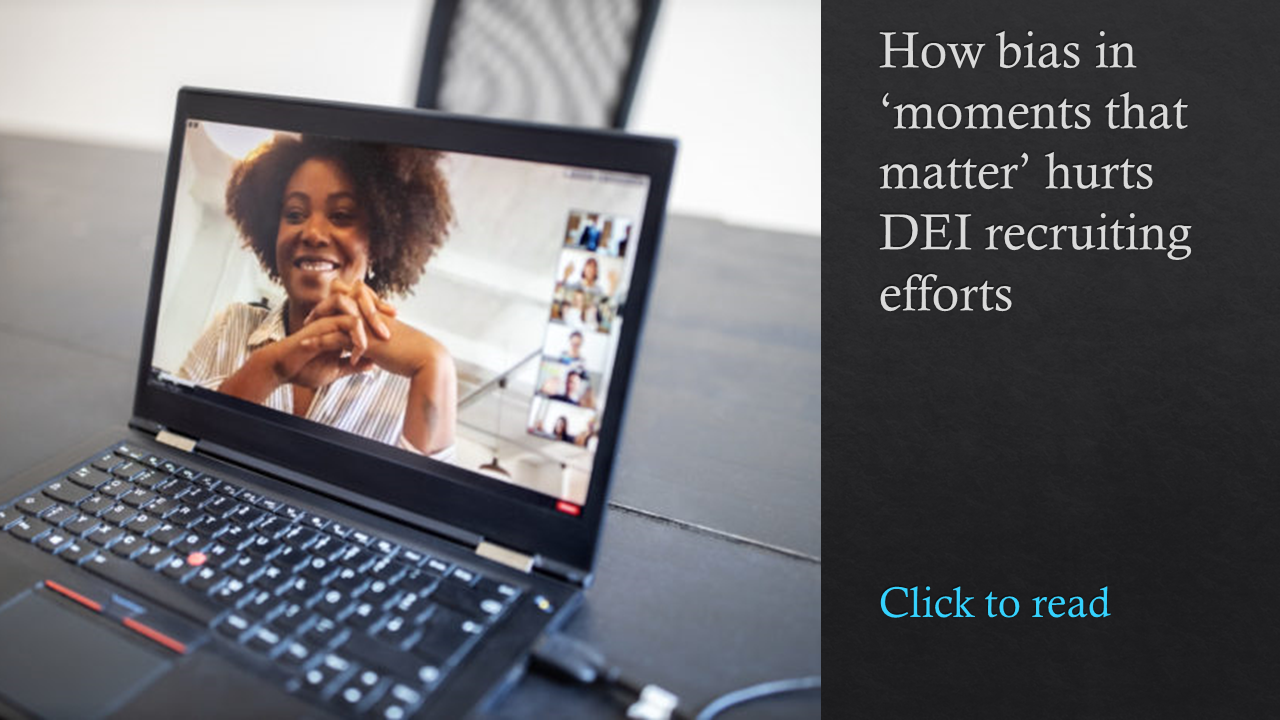Oil and gas giant Chevron knew it had a deep well of HR data that could transform the way it hired new talent from outside and within the company, but tapping into it proved elusive. Due to a variety of complex and overlapping systems, the organization needed a new way of finding the right talent. In search of success, Chevron deployed artificial intelligence solutions from Eightfold.ai to work alongside its Workday HCM solution.
“We needed to deliver something that provided a learning and leading performance culture that helps us attract, develop and engage a world-class talent pool,” Julie Flowers, head of global talent acquisition at Chevron, said during a session titled “Win the Talent War with the Rich Data in Your Candidate and HR Databases” at the recent HR Technology Conference in Las Vegas.
“We’re focused on having that right talent in the right place with the right skill set at the right time. That remains one of our top priorities.”
Related: How data is driving the exploding internal talent marketplace
This meant aligning Chevron’s digital solutions with its vision.
The first challenge was finding the data inside Chevron’s HR systems so that the recruitment team could better review resumes and applications from external and internal candidates.
“We thought we could gain a competitive advantage from our data in the human resources space. We’re lucky enough that we’re very careful in keeping and maintaining our data and allowing it to be in a repository that helped us make sense out of that data,” said Luis Niño, digital transformation manager of global learning and talent for Chevron.
Despite having “troves of data” in its HR systems, Chevron’s HR leaders didn’t necessarily understand what that data was telling them, Niño said.

“There was so much complexity on the technology side [that] aggregating and extracting insights from the data was tough,” he said. Chevron looked to “building a foundation and then setting up strategic technologies like a talent intelligence platform helps us understand for example what are the skills that our folks have.”
AI helps Chevron’s recruitment team to review a job candidate’s application to determine whether they meet the specific job requirements and if they are the right fit for the role or if they are a better fit for an entirely different job opening inside the organization.
“Eightfold helps match [job applicant’s] skill sets to the job’s required skill sets and employees now will have a better understanding of how their skills match certain positions,” said Flowers.
“From a hiring supervisor standpoint, they can source talent and recruit talent internally at a much more rapid speed and with better quality,” she said.
Working with Eightfold.ai helped improve the hiring process for the Chevron recruitment team and, in the process, helped the recruiters broaden their own skillsets.
“We got to transform our traditional recruiters into career advisors because now you have the power of advanced artificial intelligence and you don’t need to spend as much time making sure the fit is there,” said Niño. “What you want to focus on is your customer, your prospect, your candidate and make sure that they’re actually understanding the job that they’re getting into because you already have done some level of vetting through the platform.”
Using this advanced artificial intelligence gave Chevron access to a variety of algorithms that provide what Chevron calls “correlations, inferences and adjacencies” that match the right candidate to the right job, according to Niño.
“We can tell a [candidate’s] aperture for learning, how capable are you of moving into a space, what are your transferable skills,” he said. The algorithm might suggest, for example, that a candidate with Java and Python programming skills could learn a new coding language.
“This ability to build that likelihood is a game-changer when it comes to potential,” Niño said.
AI also helped reduce bias in the hiring process by focusing on candidates’ skills and expertise rather than their names or backgrounds.
“This just helps create a more diverse talent pool and a more robust talent pool to choose and select from,” said Flowers. “We are happy just to see how it continues to evolve.”



